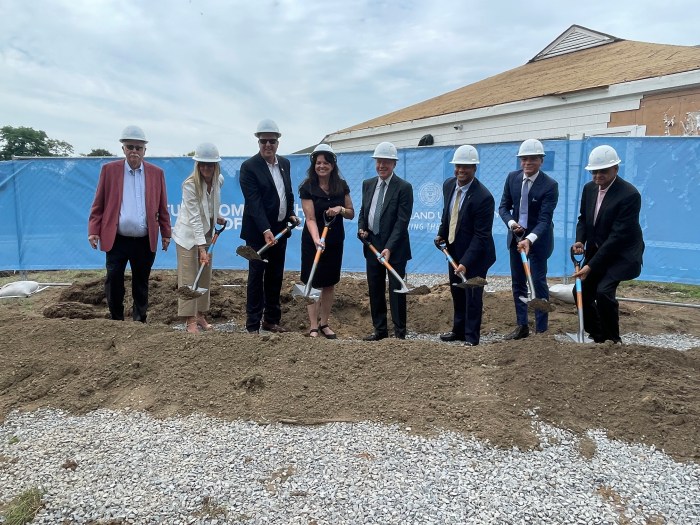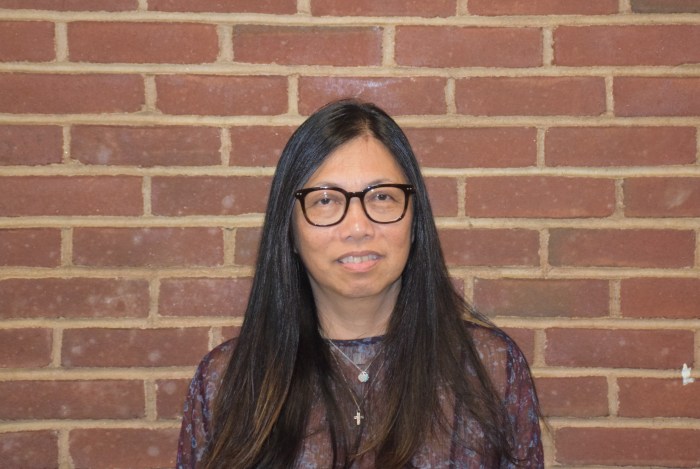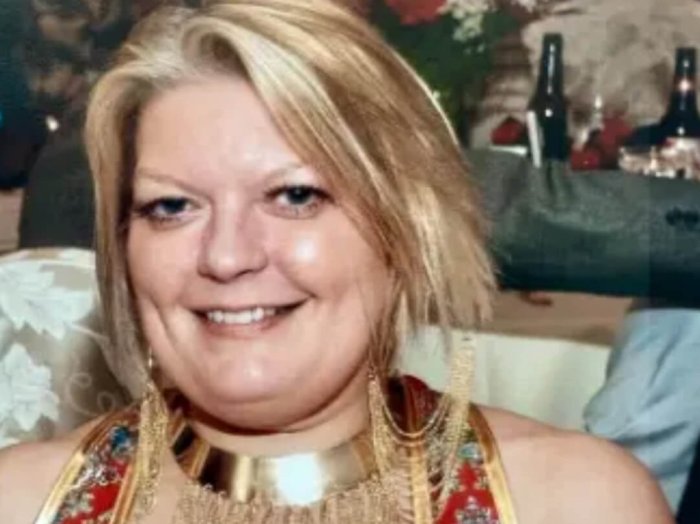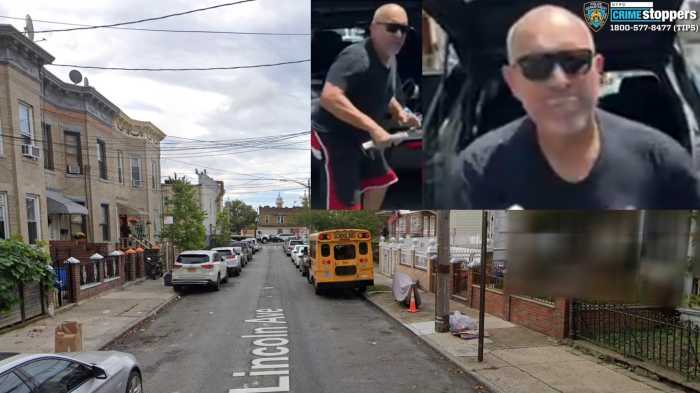Westbury BOE reinstates general counsel to oversee elections
The highly contentious issue of whether to appoint Chandler Law Firm to oversee elections in the Westbury School District came to an end last week, with the board voting to reinstate its general counsel to do the job.
The board of education held a special meeting last Thursday, April 13, at 9 a.m., where a motion was unanimously approved to rescind the appointment of the Chandler Law Firm to oversee elections. The meeting was attended by board vice president Dr. Stanton Brown and trustees Pless Dickerson, Sherley Cadet and Pedro Quintanilla, with board president Robin Bolling arriving after the meeting was formally adjourned.
The appointment of Chandler, which was previously supported and voted on by trustees Brown, Quintanilla, Cadet and Campbell, was met by extreme opposition from the remaining members of the board and public, who said adding the firm was not only an unnecessary use of taxpayer dollars but voted on improperly by members of the majority during a Feb. 16 executive session.
During the special meeting, majority members maintained that Chandler had the experience of working in school districts where there were election problems, but said it was more important to approve a firm so the district clerk had support for the quickly approaching election.
At previous meetings, Quintanilla had defended his decision to add an additional firm by saying that last year, non-English speaking and first-time voters were disrespected at the polls. The Chandler Law Firm, he said, had experience dealing with school districts that had the same issues Westbury did.
“My insistence we hire Chandler came directly from my experience last year. It was my firm belief that there was an intent to control the election and to control the outcome until the last minute,” he said. “Last year there was an attempt to steal the election. We’re in the 12th hour, we need legal counsel.”
Brown said his support of Chandler was due to several elections in the past having been mishandled and run ineffectively.
“We’ve had elections that have been miscounted, run ineffectively and people’s registrations have been lost. We need to make sure we have an attorney to support the election process,” said Brown, who added time to approve an attorney was short because nominations were due that Monday. “We need to support the right of Westbury residents to vote and have a fair election, and for their vote to be counted correctly, not corruptly.”
Dickerson said he disagreed with Quintanilla’s statements that the board had previously been trying to “steal the election,” adding that his position from the beginning was that board’s general counsel, Bond, Schoeneck and King, should be the one to oversee the election.
Dickerson opened the meeting stating his opposition to the special meeting, due to what he said was a “procedural violation against the policy” of trustees going through the board president to call a meeting.
“That procedure was not followed in this case,” Dickerson said. “As far as I’m concerned, this meeting does not fall within the realm of what we call a special meeting. We do have a board policy and it should be followed.”
The policy in question—2320, which was adopted in January 2007—states that “special meetings of the board of education must be called as requested by a member of the board, making such a request to the board president. Such meeting requires a notice of 24 hours to all board members.”
That policy states that a member of the board would contact the board president, in this case, Bolling, if they wanted to hold a special meeting. As per the policy, Bolling would then call the clerk to poll the board on times and dates they would be able to meet. Dickerson said Brown violated that policy.
“I don’t think this was necessary,” said Bolling after the meeting, saying the issue of Chandler could have been solved at the next meeting, on April 20. “More communication could have solved this problem.”
Brown said he followed the procedures of state law regarding the calling of a special meeting, under the Appeal of Campbell, issued in June 2011, which says that a school board member may call a special board meeting without the prior knowledge and consent of the board president.
“I followed the procedures of state law regarding the calling of a special meeting. I asked our clerk of the board to notify all board members about my request for a special meeting and for the clerk of the board to poll for availability during three specific dates and a range of timeframes. This action covers our policy to notifying the board president.”
He said that he called and left a voicemail for Bolling about the meeting.
Following the adjournment of the meeting, resident Dr. Betty Hylton asked counsel to clarify the procedure as to whether or not any board member could call a meeting or if it had to come through the board president.
The board’s attorney, Candance Gomez, referenced policy 2320, saying “any member has the right to call a meeting, but that request should be made to the president, who will then call the meeting on behalf of the board.”
“In this case, it appears that there may or may not have been a procedural violation,” said Gomez, adding she had not spoken to the board president about that yet. “Even if there is a violation, this meeting could still be a legal meeting. Despite the fact that there was a procedural violation….it does not violate what was done today.”
Brown said that Bolling and he have agreed to meet with general counsel to discuss protocol.































